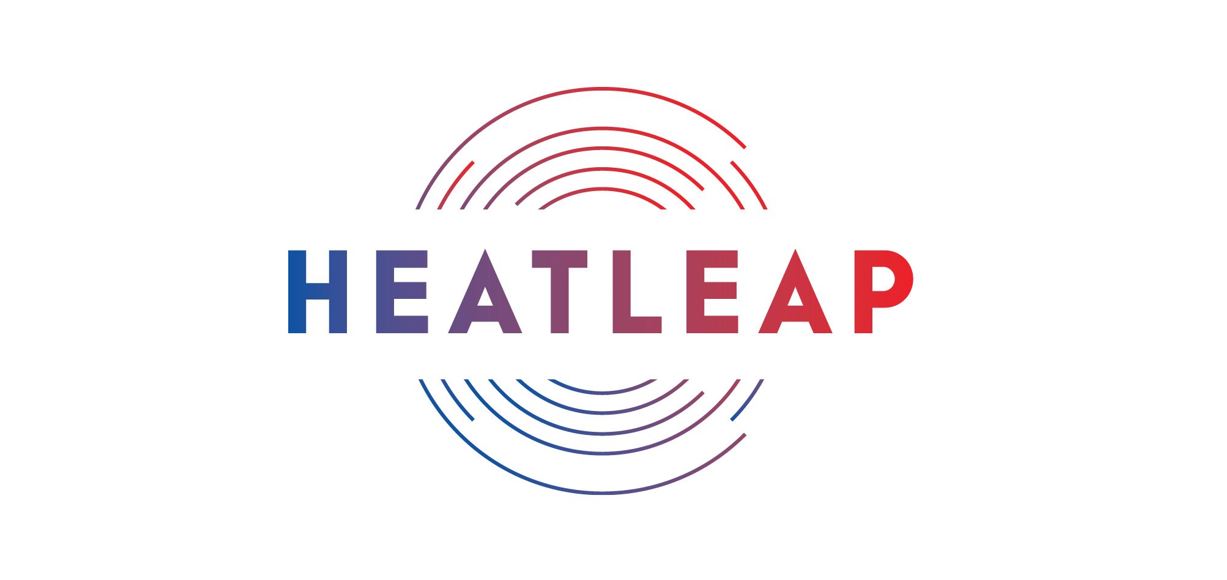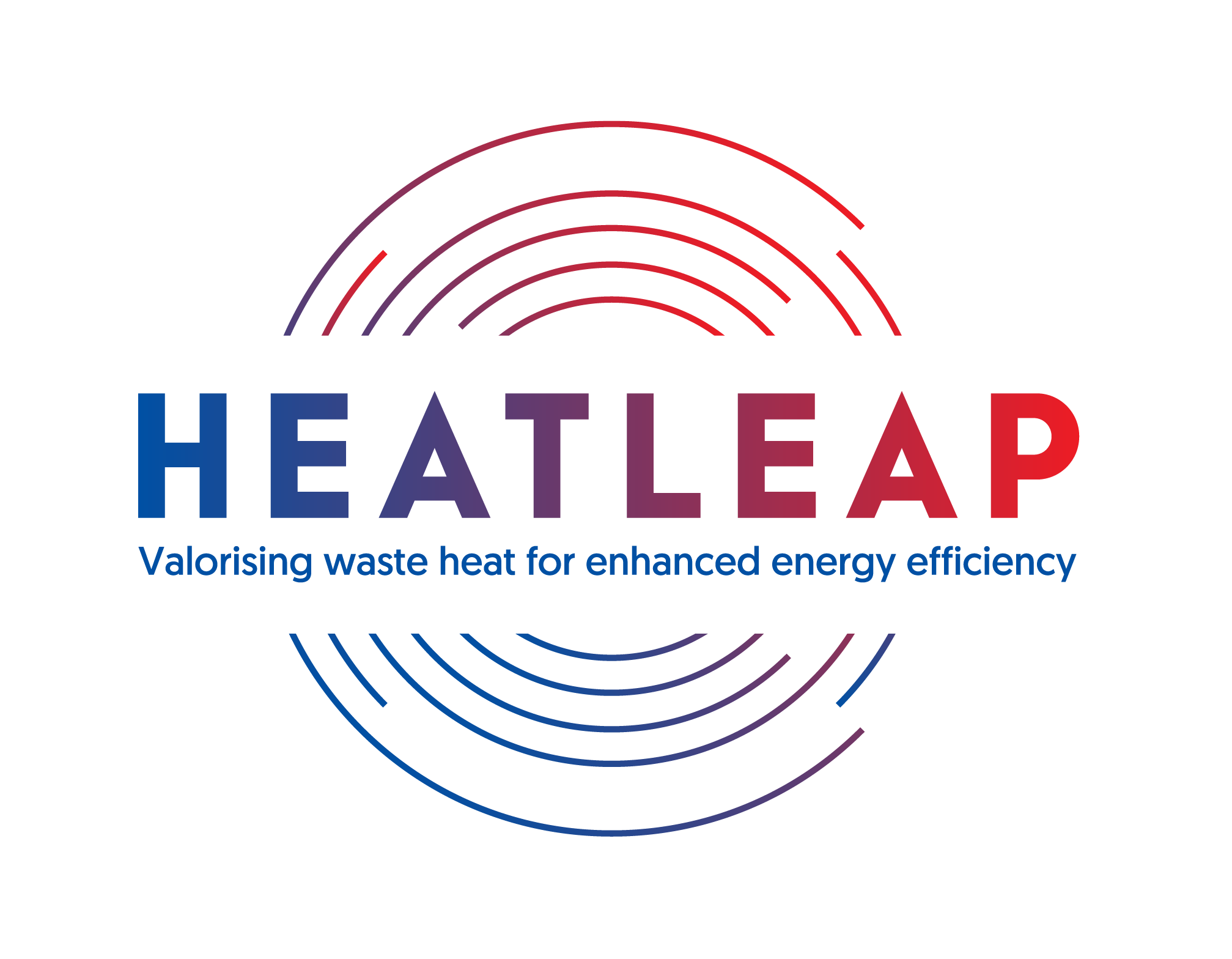
HEATLEAP partners call on policy-makers to promote the recovery of ‘waste heat’ as a means of saving energy, reducing costs and cutting emissions
HEATLEAP brings together experts from a leading companies and organisations including: TURBODEN (specializing in efficient energy generation and heat recovery), COGEN Europe (the European Association for the Promotion of Cogeneration), ORI Martin (producing high-quality steel), RINA Consulting – CSM (Materials Development Centre), and CSMT Innovative Contamination Hub (based in Brescia, Italy).
Since the project was launched in September 2021, the HEATLEAP partners have been working to demonstrate the environmental and economic benefits of waste heat recovery systems – such as large heat pumps in energy intensive industries and gas expanders in gas distribution networks – by testing these technologies at real scale.
Drawing on the knowledge and expertise that has been gained during the preparation and implementation of the project, the HEATLEAP partners have produced a policy paper: Waste Heat Recovery – Potentials, applications and recommendations for better policies. With this document, the HEATLEAP partners are calling on policy-makers at EU and national levels to prioritise the avoidance of heat waste and promote the cost-effective recovery of waste heat across all relevant applications.
As the policy paper states: Despite efforts to prioritise energy efficiency, significant potential remains unexplored when it comes to reducing energy waste across the entire energy value chain and making the best use out of the energy that we have available. Waste heat recovery and utilisation is a largely untapped energy efficiency resource, which presents important opportunities across many sectors and applications. To unlock this potential, policy must recognise its potential and promote all applications for waste heat recovery and utilisation for heat and/or power production, in both industry and district heating.
The benefits of waste heat recovery systems include:
- Environmental Benefits – including reduced emissions of greenhouse gases (GHG).
- Socio-economic Benefits – boosting the competitiveness of European industry and supporting the decarbonisation of heat and power for local communities, businesses and public authorities.
- Energy Security – reducing the dependence on fossil fuels by providing a reliable source of heat and/or power for surrounding consumers.
- Reducing Energy Costs – and limiting the negative impacts of energy price increases.
- European Policy Benefits – helping the EU to achieve its climate and energy goals.
Europe has significant potential for excess heat recovery from power production, industry and commercial premises. The Heat Roadmap Europe project has estimated that excess heat across the EU amounts to 2850 TWh/year, corresponding almost to the EU’s total energy demand for heat and hot water in residential and service sector buildings.
Further studies have assessed the technical potential for waste heat recovery from Europe’s key industries by temperature level, estimated at around 300 TWh/year.
At EU level, the waste heat due to energy conversion losses from power-only plants (2300 TWh/year) exceeds the total heating and cooling demand of European buildings.
Waste heat recovery is recognised in high level EU strategies and policies as an energy efficiency measure, a source of clean heat and a “more circular energy system, with energy efficiency at its core”. An EU-wide definition for waste heat was recently introduced in the Renewable Energy Directive, covering the direct use of waste heat in district heating applications.
The HEATLEAP policy paper notes that EU legislation prioritises the direct use of waste heat from industrial and commercial applications in district heating. However, EU legislation appears to put less emphasis on other potential applications of waste heat, such as using it to produce electricity and/or heat via Organic Rankine Cycle (ORC) technology. The lack of a comprehensive approach means that Europe is currently not able to fully unlock and utilize the vast potential of waste heat.
According to the Project Coordinator Marco Baresi (Institutional Affairs and Marketing Director, Turboden): “The HEATLEAP project provides a unique opportunity to elevate the role of waste heat recovery from both a technological and policy perspective. It also demonstrates the environmental and socio-economic benefits of waste heat recovery, notably in terms of enhancing energy efficiency, boosting the competitiveness of European industry, and supporting the decarbonization of heat and power for local communities.”
“As Project Coordinator, I am grateful to all the partners for the great results that we have achieved. The outcomes of the HEATLEAP project will serve as a valuable basis for the European Commission to develop and adopt policies that valorise the role of waste heat recovery, supporting energy security and decarbonization as well as energy efficiency in industry and gas distribution networks.”
Published on 7 June 2023.
READ THE POLICY PAPER: Waste Heat Recovery – Potentials, applications and recommendations for better policies
The results of the HEATLEAP project will be presented at a Final Dissemination Event in Brussels on 6 July 2023. This event is open to anyone with an interest in energy issues and participation is free of charge. Participants can choose to attend in person or follow the proceedings online (via Zoom). REGISTER HERE
The HEATLEAP project is co-funded by the LIFE programme of the European Union.

Views and opinions expressed are however those of the author(s) only and do not necessarily reflect those of the European Union or CINEA. Neither the European Union nor the granting authority can be held responsible for them.

